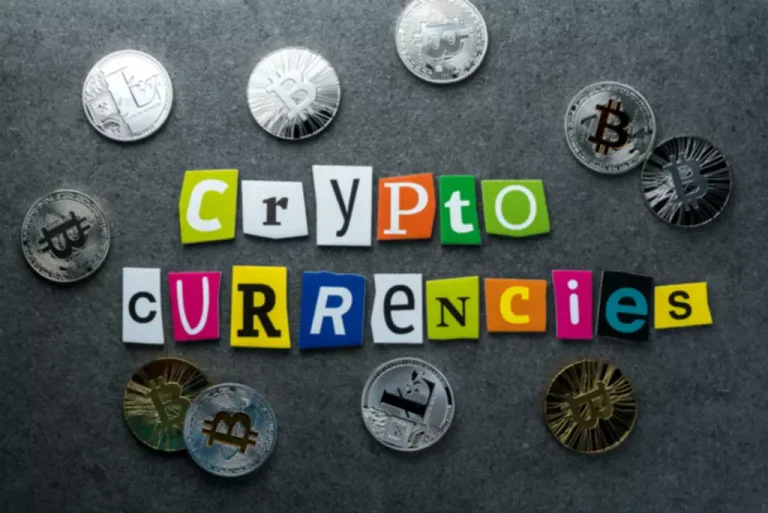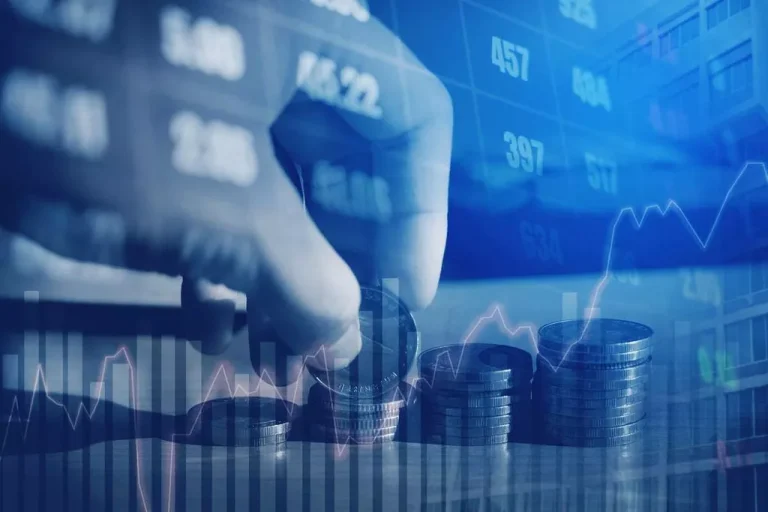Content
That doesn’t mean a creator couldn’t transfer a copyright upon the sale of NFT, but it’s a good idea to read up on what https://www.xcritical.com/ you’re getting before you make a purchase. Why would anyone spend hard-earned money on something that exists only online? It helps to understand how these digital assets work, what gives them value and some risk factors to consider if you’re thinking of buying one. The uniqueness of each NFT enables tokenization of things like art, collectibles, or even real estate, where one specific unique NFT represents some specific unique real world or digital item. Ownership of an asset is publicly verifiable on Ethereum .
Use cases of NFTs in science and medicine
Think of it as an edition of a trading card with 1,000 exclusive copies, but where each card has its own serial number to distinguish it from others. In addition, the Stockbroker card with the serial number #1 on it would most likely go for a higher price and be more desirable than other copies in the edition. You’ll want to keep fees in mind as you research options. Most exchanges charge at least a percentage of your transaction when you buy crypto.
Concerns About Non-Fungible Tokens
Like all assets, supply and demand are the key market drivers for price. Due to the scarce nature of NFTs how to create a non-fungible token and the high demand from gamers, collectors and investors, people are often prepared to pay a lot of money for them. Non-fungible tokens (NFT) have become hugely popular with crypto users and companies alike because of the way they revolutionized the gaming and collectibles space. Since June 2017 there has been a total of $25 billion spent on NFTs, including a further $21 billion in secondary sales.
The difference between cryptocurrency and NFTs
NFTs are also generally one of a kind, or at least one of a very limited run, and have unique identifying codes. “Essentially, NFTs create digital scarcity,” says Arry Yu, chair of the Washington Technology Industry Association Cascadia Blockchain Council and managing director of Yellow Umbrella Ventures. Some experts say they’re a bubble poised to pop, like the dot-com craze or Beanie Babies. Others believe NFTs are here to stay, and that they will change investing forever. “At the time the iPhone was created, nobody would’ve thought that one of the killer apps was going to be hailing a ride,” said Haun of Andreessen Horowitz. But like with other collectables, whether it’s baseball cards, rare books or fine art, having an original is special.

There are definitely nuances and exceptions there, which you can read about in our blockchain explainer, but when most people say “blockchain,” that’s the kind of tech they’re talking about. There’s nothing like an explosion of blockchain news to leave you thinking, “Um… what’s going on here? ” That’s the feeling I’ve experienced while reading about Grimes getting millions of dollars for NFTs or about Nyan Cat being sold as one. For lesser-known creators (whose NFTs are likely to be far more affordable), DeVore suggested looking at information such as what they’ve sold previously and how many of a given type of NFT they intend to make.
- An NFT allows its buyer to say that they own the original copy of a digital file, in the same way you might own the original copy of a piece of physical art or the master file of a music recording.
- For example, a bitcoin is fungible — trade one for another bitcoin, and you’ll have exactly the same thing.
- And everyone in crypto world knows that NFTs from the most valuable collections sell for millions of dollars apiece, which is why you see celebrities like Jay-Z and Snoop Dogg showing off theirs on Twitter.
- One of the obvious benefits of buying art is it lets you financially support artists you like, and that’s true with NFTs (which are way trendier than, like, Telegram stickers).
- NFTs could potentially make the sales of such items easier to execute and less dependent on central authorities such as the makers of games.
Even if 5,000 NFTs of the same exact item are minted (similar to general admission tickets to a movie), each token has a unique identifier and can be distinguished from the others. Physical money and cryptocurrencies are “fungible,” meaning they can be traded or exchanged for one another. They’re also equal in value—one dollar is always worth another dollar; one Bitcoin is always equal to another Bitcoin.

Generally, digital assets such as cryptocurrency are considered risky investments, which should comprise only a small portion of your portfolio. Additionally, buying and selling and NFT is a taxable event, and using crypto to buy an NFT is an additional taxable event. While this isn’t a negative or positive, it is important to remember. Finally, an NFT named “Clock” currently stands as the third-most expensive NFT ever bought – with 10,000 individuals forming an “AssangeDAO” to purchase the piece for $52.7 million.
As tens of millions of dollars in transactions pour in for NFTs, enthusiasts say, NFTs will soon expand beyond trading art, music, video clips and memes. One startup lets people use their NFTs as collateral for loans. “The underlying thing that you’re buying is code that manifests as images,” said Donna Redel, who teaches courses on crypto-digital assets at Fordham Law School.

Although these platforms and others are host to thousands of NFT creators and collectors, be sure you do your research carefully before buying. Some artists have fallen victim to impersonators who have listed and sold their work without their permission. First, you’ll need to get a digital wallet that allows you to store NFTs and cryptocurrencies. You’ll likely need to purchase some cryptocurrency, like Ether, depending on what currencies your NFT provider accepts. You can buy crypto using a credit card on platforms like Coinbase, Kraken, eToro and even PayPal and Robinhood now.
And there are some structural forces that could make it harder for big companies to seize control of the NFT market. Of course, an NFT fan might argue that scams and money laundering happen in the regular economy, too. (The traditional art market, for example, is rife with money laundering, a Senate investigation found.) Crypto might just make it easier. The internet essentially works like a giant copy machine — any digital file can be duplicated an infinite number of times, and every copy is exactly the same as the original. Part of the allure of blockchain is that it stores a record of each time a transaction takes place, making it harder to steal and flip than, say, a painting hanging in a museum. There are several marketplaces that have popped up around NFTs, which allow people to buy and sell.
Traditional databases, on the other hand, are typically controlled by a central authority. Sensitive data may be managed and maintained by an organization or administrator. The term “non-fungible” is not limited to the NFT space. It is also used to describe assets in law, finance, or commerce that are difficult to exchange with similar goods.
This is part of “The Latecomer’s Guide to Crypto,” a mega-F.A.Q. Kevin Roose, a Times technology columnist, is answering some of the most frequently asked questions he gets about DAOs, DeFi, web3 and other crypto concepts. When you make an NFT, the content link is baked into the token. If that link goes to IPFS, it’ll be pointing to something that’s more permanent than, say, an image on a regular server. Of course, there have been a few fun experiments in the NFT space (though I’ll admit that at least one of them was poking fun at the concept of NFTs), but…
The process of making an NFT is as simple as registering a record of ownership on a blockchain network. It is a somewhat technical process, but there are a number of software solutions that do the dirty work. Just as an organizer of an event can choose how many tickets to sell, the creator of an NFT can decide how many replicas exist. Sometimes these are exact replicas, such as 5000 General Admission tickets. Sometimes several are minted that are very similar, but each slightly different, such as a ticket with an assigned seat. These can be bought and sold peer-to-peer without paying ticket handlers and the buyer always with assurance of the ticket authenticity by checking the contract address.


One thought on “What Is an NFT? Your Guide to Non-Fungible Tokens in 2025”
https://t.me/s/be_1win/438